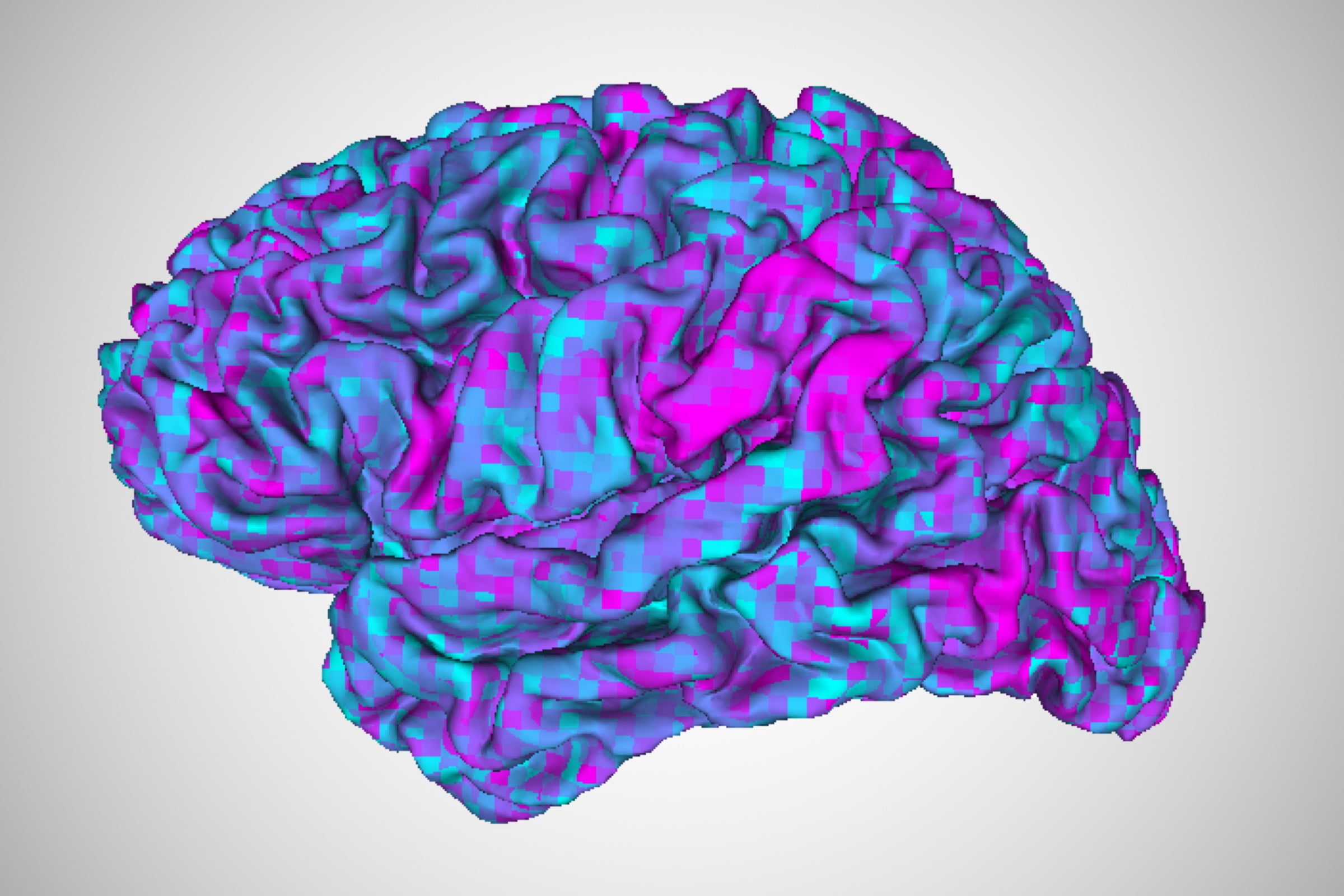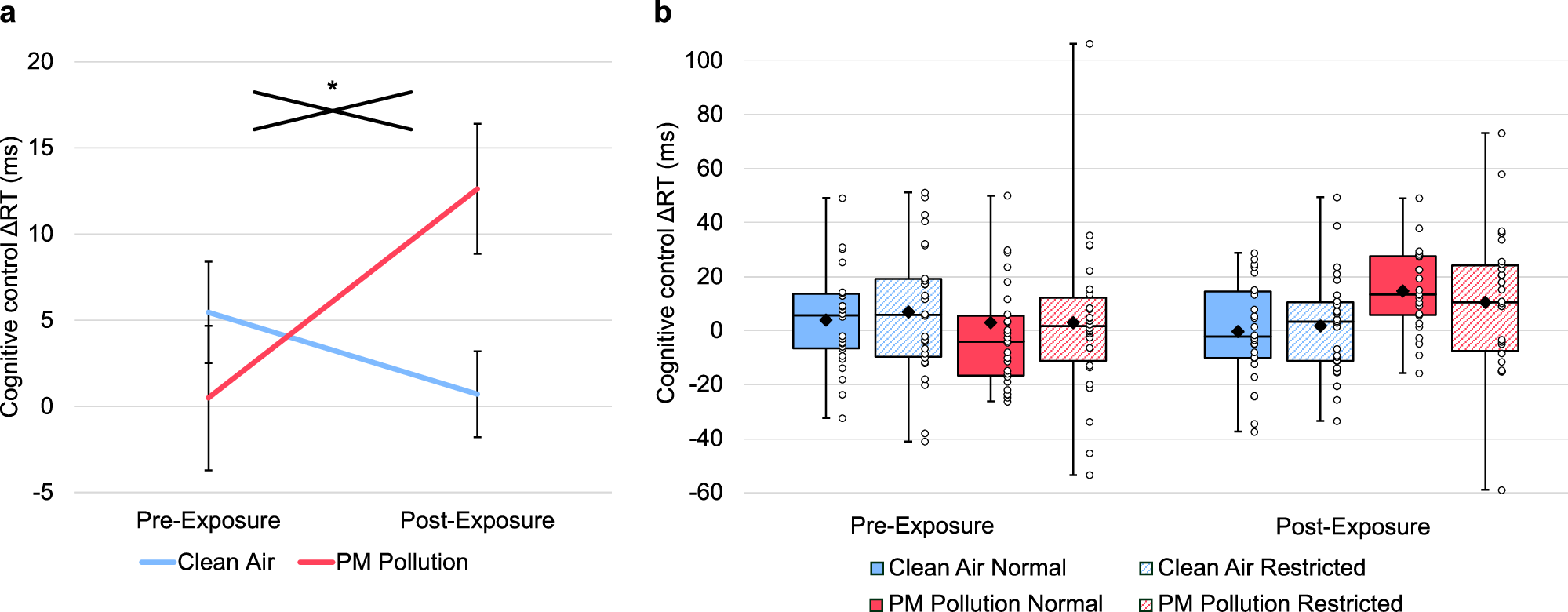2025-02-06 マックス・プランク研究所

<関連情報>
- https://www.mpg.de/24120190/0204-pfor-blood-vessels-are-to-blame-why-obesity-leads-to-diabetes-149770-x1
- https://www.science.org/doi/10.1126/science.adr4731
アドレノメデュリンによって誘導される内皮インスリン抵抗性が肥満に伴う糖尿病を媒介する Endothelial insulin resistance induced by adrenomedullin mediates obesity-associated diabetes
Haaglim Cho, Chien-Cheng Lai, Rémy Bonnavion, Mohamad Wessam Alnouri, […], and Stefan Offermanns
Science Published:6 Feb 2025
Editor’s summary
Insulin resistance, often induced by obesity, is the underlying abnormality for type 2 diabetes. Most studies looking at mechanisms for obesity and insulin resistance have examined cells known to play key roles in metabolism, such as those in the liver, skeletal muscle, and adipose tissue. Cho et al. shifted their focus to the vasculature, more specifically, endothelial insulin signaling. The authors discovered that adrenomedullin, a peptide hormone that increases in concentration in the setting of obesity, inhibits insulin signaling in the endothelium of both humans and mice. In addition to examining the underlying mechanism, the authors showed in mouse models that an adrenomedullin receptor antagonist has beneficial effects on insulin sensitivity, suggesting a potential direction for future therapeutic approaches. —Yevgeniya Nusinovich
Abstract
Insulin resistance is a hallmark of obesity-associated type 2 diabetes. Insulin’s actions go beyond metabolic cells and also involve blood vessels, where insulin increases capillary blood flow and delivery of insulin and nutrients. We show that adrenomedullin, whose plasma levels are increased in obese humans and mice, inhibited insulin signaling in human endothelial cells through protein-tyrosine phosphatase 1B–mediated dephosphorylation of the insulin receptor. In obese mice lacking the endothelial adrenomedullin receptor, insulin-induced endothelial nitric oxide–synthase activation and skeletal muscle perfusion were increased. Treating mice with adrenomedullin mimicked the effect of obesity and induced endothelial and systemic insulin resistance. Endothelial loss or blockade of the adrenomedullin receptor improved obesity-induced insulin resistance. These findings identify a mechanism underlying obesity-induced systemic insulin resistance and suggest approaches to treat obesity-associated type 2 diabetes.


